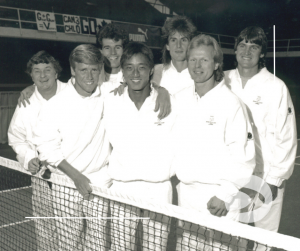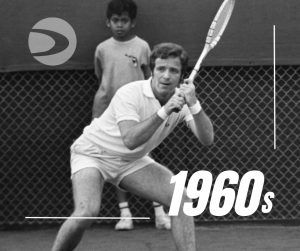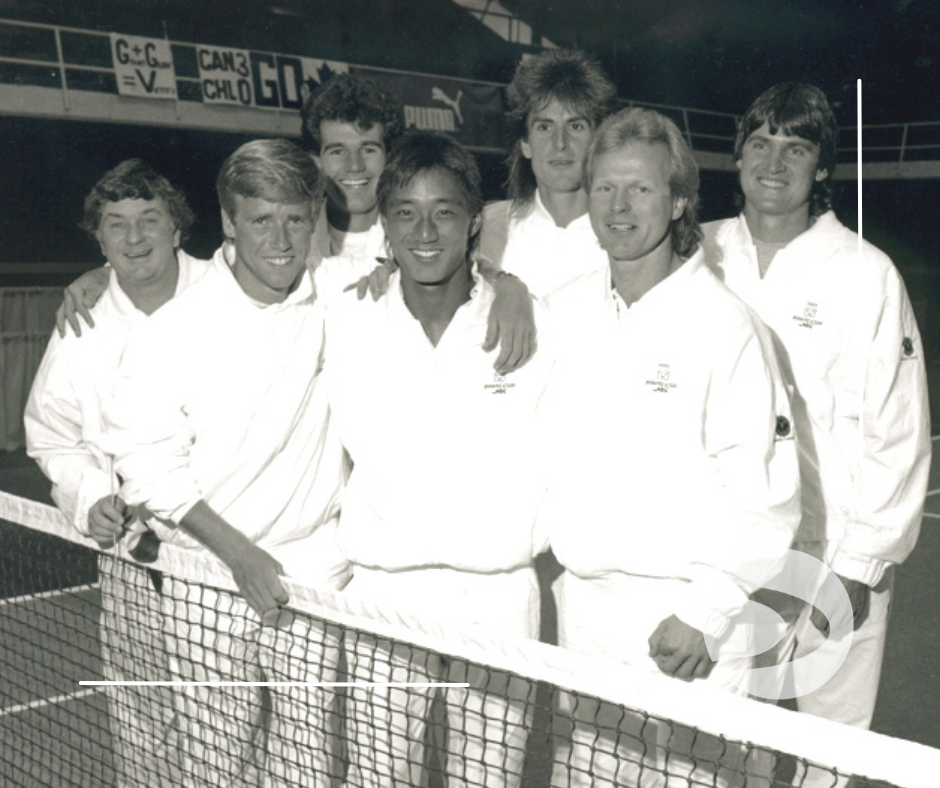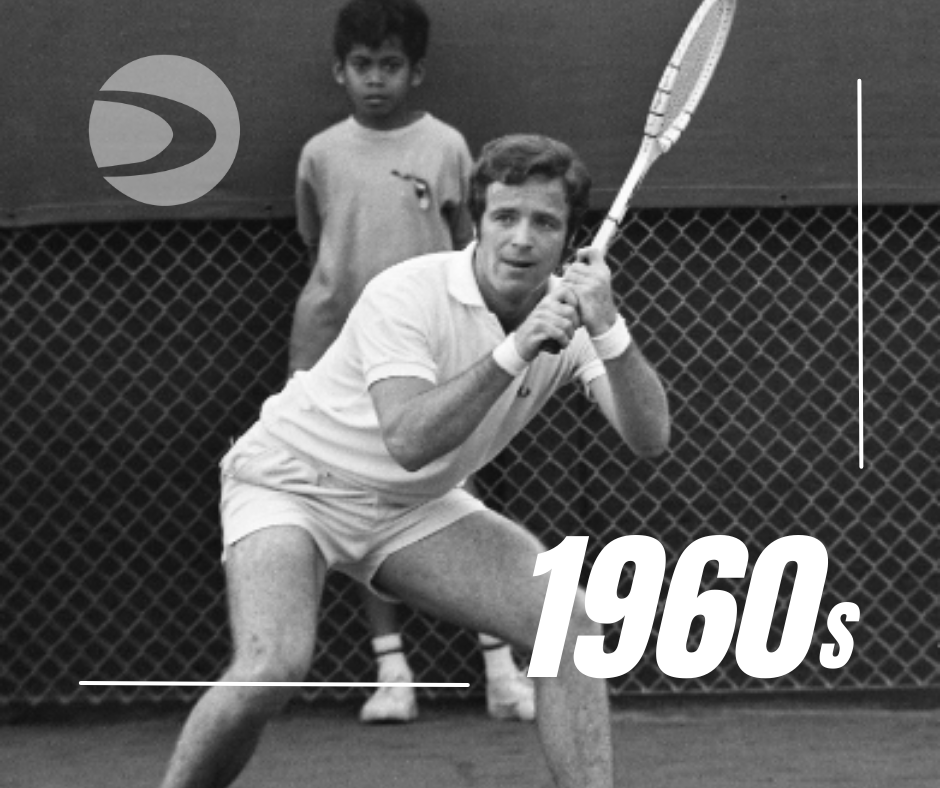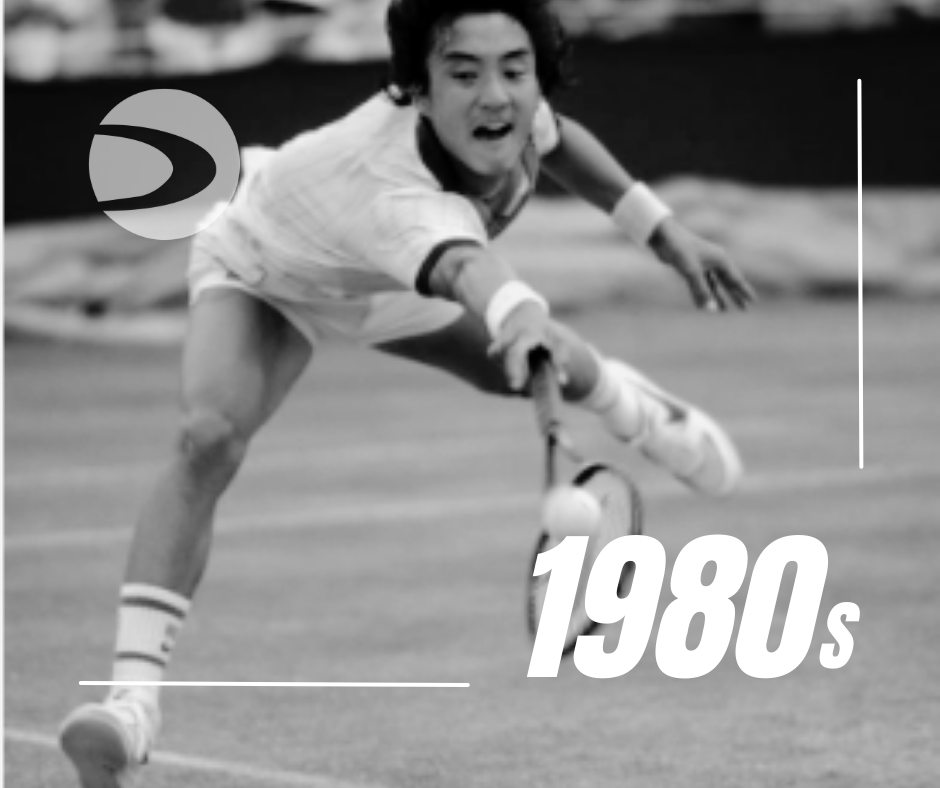Before moving from the United States to Canada and joining the coaching staff at Toronto Tennis City, my coaching experience was limited to a relatively narrow segment of the tennis population. The first ten years of my coaching career were spent coaching NCAA Division 1 men’s players in Texas, Indiana, and Arizona. One of the things that attracted me towards ACE Tennis was the opportunity to develop my coaching skills working with different types of players, not just young men between the ages of 17-22.
In particular, I have never coached women on a regular basis before moving to Canada. Would I have to adjust my coaching style? A major part of coaching is developing relationships with players; would I be able to connect with the female players the same way like I did with the men? Could I use the same language, express my thoughts in the same way? What follows are my deeply unscientific findings, about a year into my new experience.
Some things are the same
First, meet Amanda and Andrea. Amanda and Andrea are seven years old, and have started playing tennis about a year or two ago. When they come to practice, they are excited to see each other again and play tennis with all their other friends. If you ask them why they play tennis, they’ll tell you because “it is fun,” they “like their coaches” (thanks Amanda and Andrea!) and they want to be like Bianca Andreescu and Leylah Fernandez.

If you were to ask the same question to some of the boys in the group, the answer would be identical. One exception: instead of Bianca and Leylah, the boys want to play like Denis Shapovalov and Roger Federer. They enjoy the environment, being part of a group, and supportive coaches. Some things are the same.
Before moving on – I think there is a unique opportunity in Canada in the next few years to really attract a lot of young people toward the sport. There are role models for both the boys and girls to follow, ranked inside the top 10 in the world, and playing late into the second weeks of Grand Slams. It makes the dreams of young Canadian players a little more tangible: if Felix and Leylah are doing it, why can’t I?
Some things are a little different
We’ll shift gears a little bit. Now you get to meet Alexa. Alexa is in her late twenties, a member of the club. She’s been playing tennis for fun for quite some time, and recently started competing in tournaments. We did a few lessons together, and Alexa stressed to me that she wanted to play an active game style. We’ve been working on volleys, approaches, overheads, you name it. One more thing you need to know about Alexa – she is extroverted, direct, and speaks her mind freely.
Following one of her matches, she was disappointed with missing too many easy balls, and was wondering whether she should play more conservatively and wait for the opponent’s errors. I replied that I’m happy with the fact she earned all those short balls, and to stick with her aggressive game style. Besides, I said, it fit her personality.
Next lesson, as we were picking up balls, Alexa deadpanned: “Do you think that I’m an aggressive person? Your last email…” I didn’t quite know how to respond. The stigma of a female being labeled as aggressive is still different than if I had said those same words to a men’s college player. For the guy, calling him aggressive would have been a compliment. For Alexa, I had to explain exactly what I meant.
Some things are a little different and need to be expressed with care.
Most things, as always, depend on the player
Last, you get to meet Amber. Amber is thirteen years old, and in many ways a typical teenager. She spends too much time on her phone, has a mind of her own, and doesn’t always listen to me. I have been coaching her for a few months, and we have a good relationship.
One morning, Amber’s footwork in the beginning of practice was just about putting me to sleep. I had to wake her up. With a men’s college player, I would raise my voice, maybe use some choice words to get his attention.
With Amber, I had to think about it. I learned my lesson with Alexa – sometimes I had to express things differently. But since Amber and I have connected well, I felt that I have earned the right to get a little loud.
“Amber, this is embarrassing. If this is the amount of effort you’ll put in this morning, you should’ve stayed at home. You’re not going to get better at tennis if you won’t make a single quick step. Pick up your intensity or I’m leaving.”
Amber got a little wide-eyed, and didn’t say anything. Then she turned back toward the baseline and proceeded to move with 50% more intensity than before. I breathed a sigh of relief and we had a productive practice.
With a men’s player, admittedly, I would have been less hesitant to raise my voice. But with Amber, I felt that I have earned her trust over the past couple of months, and hoped she would recognize I wanted what was best for her. That I wasn’t raising my voice just because I was having a bad day. Knowing her as a person, and having a hunch that she would respond positively to that particular feedback, I thought that being very direct was the best way to proceed. It turned out to be the correct approach in the moment.
By Michal Kokta, Tennis Editor & High Performance Coach with ACE Tennis


